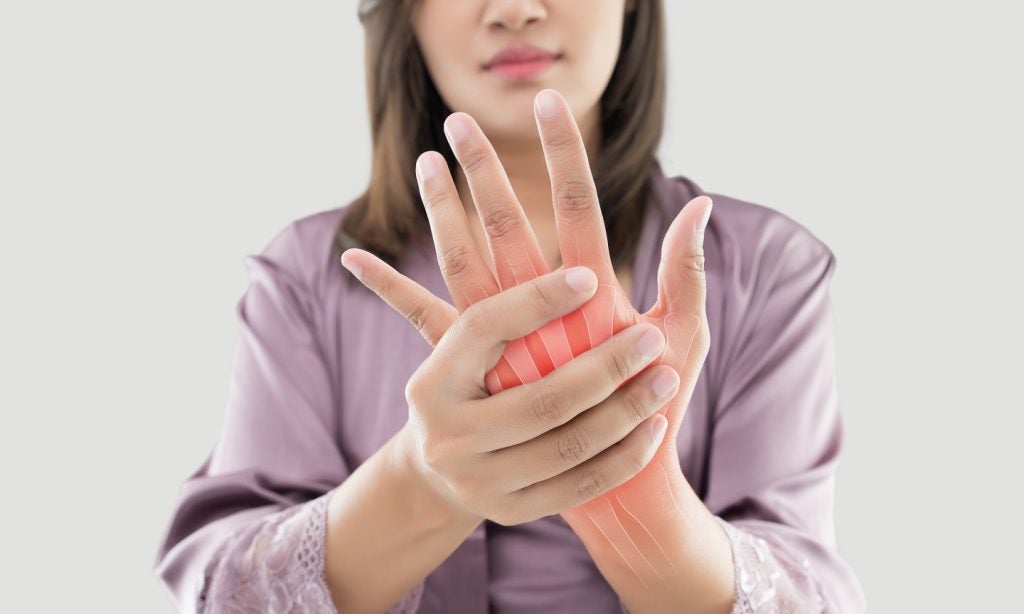
While covering an expansive number of cardiovascular (CV) indications, this year’s European Society of Cardiology (ESC) Conference in Barcelona had a particular focus on digital health.
During the inaugural keynote address on opening day, professor of genomics at the Scripps Research Institute Dr. Eric Topol highlighted the need for the field of cardiology to adopt technology that has the potential to improve CV outcomes.
Many startup companies presented wearable medical devices and portable gadgets that wirelessly transmit collected medical data to mobile devices.
Telehealth device company based in Barcelona i-Cardio presented a personal and portable electrocardiogram (ECG) system that captures ECG data and transmits it to a patient’s smart phone device via Bluetooth.
Another startup company based in Barcelona LifeVit presented a mobile app that centralises data collected from a wide variety of wearable devices, including scales, smart watches, pill bracelets, and thermometers, on to a single platform.
See Also:
A common aspect among the products presented was that if the data on a monitoring device contained an irregularity such as atrial fibrillation, sinoatrial block, or sinus arrhythmia, the patient’s physician would be alerted through a corresponding mobile app.
How well do you really know your competitors?
Access the most comprehensive Company Profiles on the market, powered by GlobalData. Save hours of research. Gain competitive edge.

Thank you!
Your download email will arrive shortly
Not ready to buy yet? Download a free sample
We are confident about the unique quality of our Company Profiles. However, we want you to make the most beneficial decision for your business, so we offer a free sample that you can download by submitting the below form
By GlobalDataWhile collected digital medical data allows physicians to diagnose cardiac conditions such as coronary artery disease (CAD), rheumatic heard disease (RHD), and heart failure (HF) more quickly, issues surrounding cybersecurity have arisen. Professor emeritus of cardiovascular medicine at Stanford University Dr. Peter Fitzgerald alluded to this during his presentation.
According to Fitzgerald: “There is always a dark side to these innovative edges. There is a massive acceleration of hacks. Medical records are stolen and pacemakers are turned off.
"We have to get better at understanding the pacemaker and the internet protocol (IP) address it sits on when it is in the hospital. Once they get out of the hospital and into the Internet of Things (IOT) environment, that is when these things need to really be tracked.”
Chief privacy and information cyber security officer for Clalit Health Services Dr. Itzik Kochav noted during his lecture on cybersecurity and digital privacy in CV medicine that there are approximately eight billion IP addresses in the world that are used by regular citizens, as well as malicious parties such as hackers and terrorists.
Wireless implantable medical devices that transmit data will need an extra layer of protection from cyberspace to protect patients and data from hackers.
Fitzgerald also added that data such as heart rate variability, blood pressure, and pulmonary status need “to be characterised and integrated into our healthcare system” and that “sensors are only good if there is a service provided by it and ultimately a solution where we can collect the analytics behind it.”
He concluded that “hospitals will decentralise and…care will centralise in the community for preventative, urgent, and chronic care in the future.
“The action of healthcare will be defined by a computer, and the action will be implemented by physicians.”
It will be exciting to see how digital health will impact the field of cardiology over the next fifteen years.
The advances in CV diagnostics will make it much easier for physicians to diagnose PAH patients when they are in World Health Organization Functional Class (WHO FC) I or II instead of when they have already progressed to FC III or IV. Early diagnosis will allow patients to receive treatment early, before the disease manifests any further.





Related Company Profiles
Clalit Health Services
FITZGERALD CORP
European Society of Cardiology
World Health Organization
Stanford University